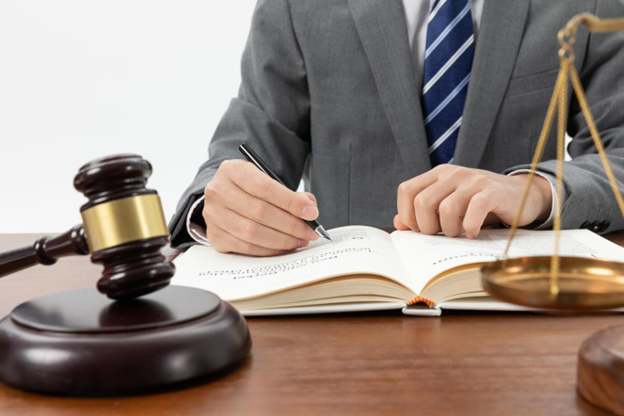

There are practical steps that can be taken to address bad debt recovery from commercial delinquent accounts issues and protect the financial health of your business. Here, we are presenting a comprehensive guide for the top 8 tips on the bad debt recovery process and how it can be done from start to finish. You can get insights into commercial delinquent accounts and how to recover them.
First, you can start by reviewing contracts and agreements before starting the bad debt recovery process. Be more vigilant in reviewing all the documentation, clauses, and agreements about delinquent payments and the process for resolving disputes. Understanding the terms outlined in these agreements will provide clarity on your rights and obligations.
Breaking the ice with the debtor is the first step toward resolving the delinquent account. Before scheduling a call or meeting, you should know completely about legal regulations regarding communication with debtors, such as when debtors can contact you under the Fair Debt Collection Practices Act (FDCPA). This law also depicts guidelines to contact the debtors or legal times of contact for debtors is 7 in 7 rules. Which states a creditor must not contact the debtor more than seven days within 7 days.
Formal demand letters are professional and legally binding when requesting payment from the debtor. Clearly state the amount owed, the due date, and any consequences for non-payment. These letters can often prompt debtors to act and resolve the outstanding debt.

Recognize when it is time to seek help from professionals, like bad debt recovery, debt collection agencies, or legal experts. Collection agencies specialize in debt recovery and can leverage their expertise to expedite the process. Additionally, when hiring legal professionals, find the expertise of a top debt collection agency that can explain complex legal matters associated with debt collection.
What legal rights do I have in pursuing debt recovery?
Creditors can use postal mail, phone calls, and email to contact debtors. However, they must ensure compliance with legal regulations, such as the Fair Debt Collection Practices Act (FDCPA), to avoid harassment or abuse. Additionally, some creditors may utilize online portals or third-party agencies for communication, considering debtor preferences and urgency.
Creditors should gather invoices, payment records, communication logs, and contracts to support their claims. These documents validate the debt, aid legal action, and bolster credibility during the recovery process.
Legal action for debt recovery should be considered when traditional methods fail, and debtors refuse to cooperate or dispute the debt’s validity. Seeking assistance from legal professionals may be necessary to navigate the process effectively.

The bad debt recovery process is not easy, and it could be more challenging if not properly handled. It requires expertise, strategies, and a solid grasp of the process. These top 8 tips may align your path for dealing with bad debt recovery accounts. If you find it difficult to handle the recovery processes solo knowing when to reach out for assistance is especially important.

